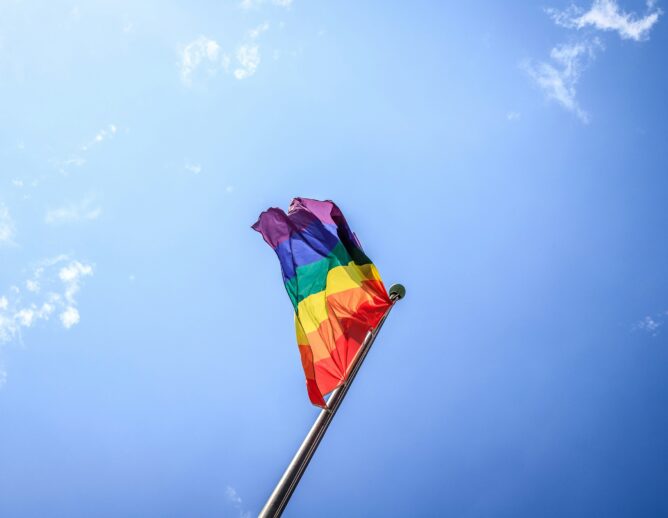
Image Courtesy of NPR
Despite the tremendous strides made towards the realization of reproductive rights in Latin America and the Caribbean in recent decades, the region remains home to the majority of the world’s most restrictive abortion laws. However, reproductive rights advocates are leading efforts to change that in various countries, including Chile, the Dominican Republic and El Salvador.
Chile
On August 2, Chile’s legislature passed a bill that decriminalizes abortion under 3 circumstances: life-endangerment, fatal fetal impairments and rape. Chile’s Chamber of Deputies had 70 votes in favor, 45 votes against and 1 abstention, while the country’s Senate had 22 votes in favor and 13 against. President Michelle Bachelet introduced the legislation in January 2015, seeking to ease the absolute ban on abortion in place since 1989.
While reproductive rights advocates are celebrating this important victory, the fight is not yet over. Before the bill can be signed into law by President Bachelet, it must survive a review by Chile’s Constitutional Court, triggered by a constitutional challenge that a group of Senators from the conservative coalition Vamos Chile filed on August 2.
Dominican Republic
In December of 2016, President Danilo Medina vetoed the amended version of the Criminal Code, previously approved by Congress, that would maintain the country’s near-complete ban on abortion. According to the Dominican Constitution, when a bill is vetoed by the President, a three-quarters vote (i.e. qualifying majority) of the two legislative chambers is required to override the veto.
While the Dominican Republic’s Senate voted against the President’s veto in May of 2017, on July 11, its Chamber of Deputies ruled in favor, rejecting the proposed reforms to the Criminal Code. The proposal received only 84 of the 110 votes needed for a qualifying majority, which means that the amended version of the Criminal Code cannot be adopted as law during the current legislative period.
El Salvador
On July 6, a court in El Salvador sentenced 19-year-old Evelyn Beatriz Hernandez Cruz to 30 years in prison for aggravated homicide. Evelyn, a rape survivor, did not know that she had become pregnant as a result of the sexual violence. In April of 2016, she experienced acute abdominal pains and lost consciousness in the bathroom while experiencing a stillbirth. The judge accepted the prosecutor’s claims that Evelyn failed to seek antenatal care because she did not want the baby, and threw him into the toilet intending to kill him, despite a lack of sufficient evidence.
Unfortunately, Evelyn’s situation is not unique. El Salvador also maintains an absolute ban on abortion in all circumstances, using its draconian abortion law to prosecute and imprison many women who have suffered pregnancy-related complications and miscarriages since the early 2000s. Lawmakers in the country, however, introduced a bill in October of 2016 that would allow abortion when the pregnancy poses a risk to the woman’s health or life and in cases of fatal fetal impairments, rape or human trafficking. The legislative committee has yet to decide whether the bill should be sent to the legislative assembly for a vote.



